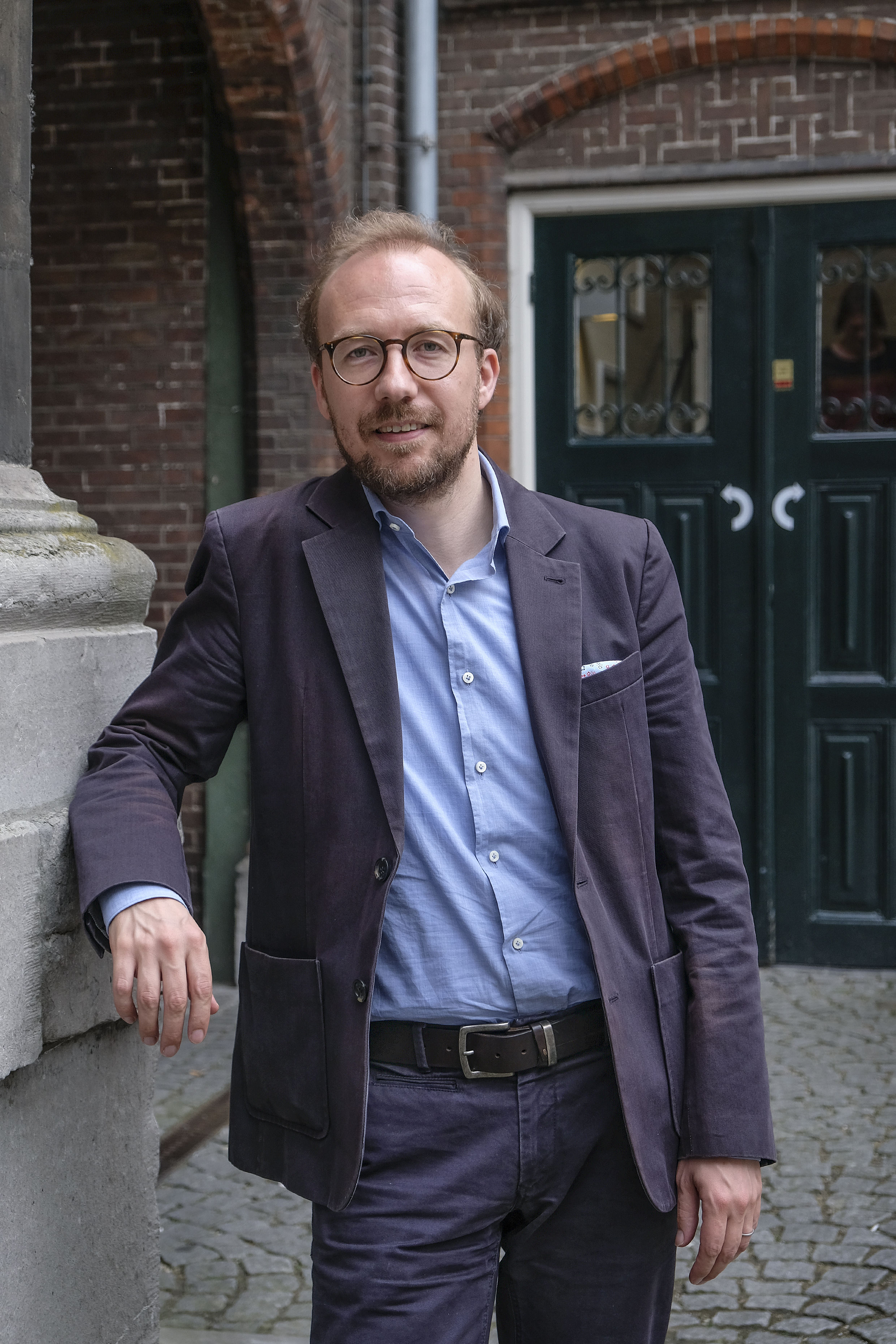Science instead of gut feelings
The question of whether and how naturalisation (obtaining Dutch citizenship) can contribute to the integration of migrants is a hot political topic. But there has not been much comprehensive scientific research done on the subject. Prof. Maarten Vink of Maastricht University will be closing that gap by 2021 with a large-scale, international comparative study of the effects of naturalisation. In the meantime, the lower house of the Dutch parliament has already rejected a bill that would keep immigrants waiting two more years, partly on the basis of recommendations from Prof. Vink's research group.
Passport after five or after seven years?
As of now, an immigrant can apply for a Dutch passport after five years in the Netherlands. In 2017, the governing parties wanted to extend this term by two years because migrants would be better integrated by then. The upper house thought little of this, and rightly so, according to researchers from the MiLifeStatus project, which stands for ‘Migrant Life Course and Legal Status Transition’. The European Research Council (ERC) awarded a grant of almost two million euros for five years of research into this.
The importance of context
What obtaining citizenship means for an immigrant depends on many contextual factors, such as his or her country of origin, age and family situation. For example, a young woman from Afghanistan who obtains a Dutch passport has more to gain than a peer from Germany. It is also expected that how difficult it is in a country to obtain the nationality and how long it takes make a difference. The initial research results show that acquiring Dutch citizenship can help an immigrant in the labour market, but that the added benefits of naturalisation decrease the longer it takes for someone to become Dutch.
Comparative research, big data
In order to research under which circumstances and for whom the acquisition of nationality has real benefits, the MiLifeStatus project uses the differences in policy between countries and also policy changes regarding the time within those countries. The research is currently focusing on the situation in four European countries: Denmark, the Netherlands, Sweden and Germany. In these four countries, the conditions for naturalisation are very different, from liberal in Sweden to very restrictive in Denmark. While Germany relaxed its policy in 2000, the Netherlands tightened its in 2003. By using longitudinal data from population registers and surveys, the naturalisation of similar immigrants can be compared under different circumstances. “Based on our research results, we hope to provide better information to politicians about the consequences of immigration and naturalisation policies. Too often, decisions are made on the basis of assumptions instead of using scientific research”, Vink concludes.

More information on the project website and on Twitter
Also read an interview from December 2017 with Maarten Vink: 'A passport is not a panacea'.
Also read
-
The area on the Sorbonnelaan in the Maastricht neighbourhood of Randwyck looked somewhat bare and remote about two years ago. This was mainly due to the modular and temporary appearance of the student houses that were quickly built there. Meanwhile, the area is increasingly taking on the character...
-
Billions of dollars in foreign aid could be spent more effectively if international poverty statistics weren’t so inaccurate. Says Dr Michail Moatsos, Assistant Professor at Maastricht University School of Business and Economics.


